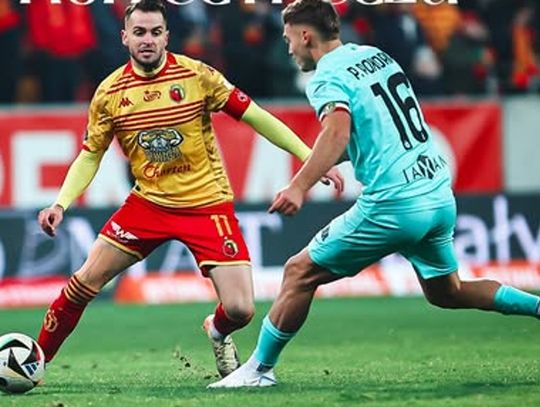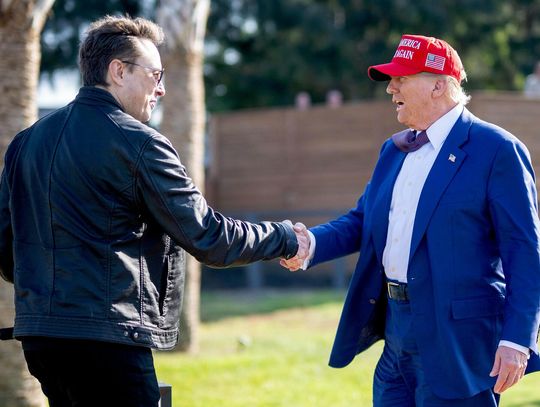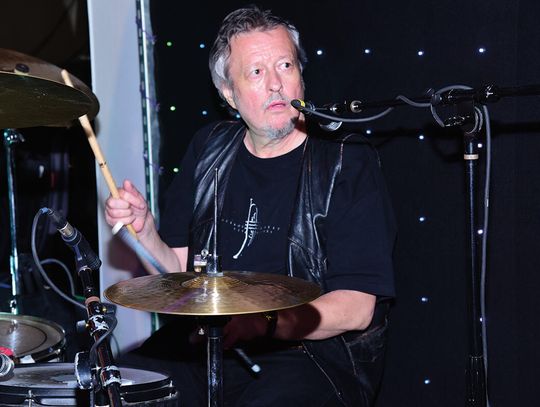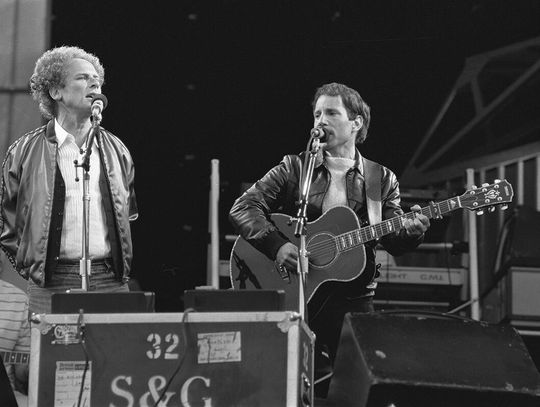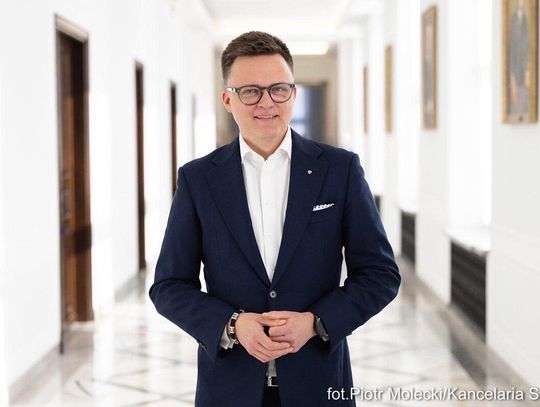Poland's Ministry of the Interior has indicated that security officers made procedural errors allowing President Bronislaw Komorowski to be struck with an egg in Ukraine, Sunday.
“According to preliminary findings, appropriate procedures for protecting the most important state figures were not fully implemented,” the ministry concluded in a written statement released on Tuesday.
President Komorowski had just attended a mass in Lutsk, north west Ukraine, commemorating the 70th anniversary of the Volhynia massacres, when the incident occurred.
While moving through the crowds, his path was crossed by a 21-year-old man who reached forward and squashed an egg on the president's shoulder.
Officers from the Government Protection Bureau (BOR), were not quick enough to deflect the assailant.
The Interior Ministry added that “analysis of the incident also shows that there may also have been a failure in preventive measures by the Ukrainian security service, which hosted the visit.”
Assailant had anti-fascist past
Meanwhile, in spite of initial claims that the assailant was connected with Ukraine's nationalistic opposition party Svoboda, which had objected to Komorowski's visit, information has emerged linking him with an anti-fascist organisation.
According to the Ukrainian media, the young man - who was arrested immediately after the incident - belongs to the so-called Slavic Guard, an anti-fascist group.
Head of the Slavic Guard Vladimir Rogov has said that the assailant was a regular participant in the group's sporting events.
However, Rogov stressed he had not known that about the young man's plans, nor what the assailant's motives were.
Last week, Poland's lower house of parliament passed a resolution describing the WWII Volhynia massacres as “ethnic cleansing bearing the hallmarks of genocide.”
About 60,000 ethnic Poles were murdered by Ukrainians in the Volhynia region during the German Nazi Occupation. The region had been divided between Poland and the Soviet Union prior to the war.
Poland, which before the war had attempted to settle its share of the region with increasing numbers of ethnic Poles (Ukrainians were in the majority in the area), was seen as an impediment to Ukrainian independence by nationalists.
After the anti-Polish attacks broke out in 1943, Poles fought back, killing thousands of Ukrainians as fighting spread to other parts of Nazi-occupied south east Poland.
Last month, Father Stefan Batruch, pastor of a Greek Catholic parish in the Polish city of Lublin, told Polish Radio that it is too early to insist that Ukrainians describe the Volhynia massacres as genocide.
“This certainly cannot be done by pushing the other side up against wall with the order: 'Recognize this now,'” he reflected.
(nh)
[ubm_premium banners=8 count=1]
Reklama






